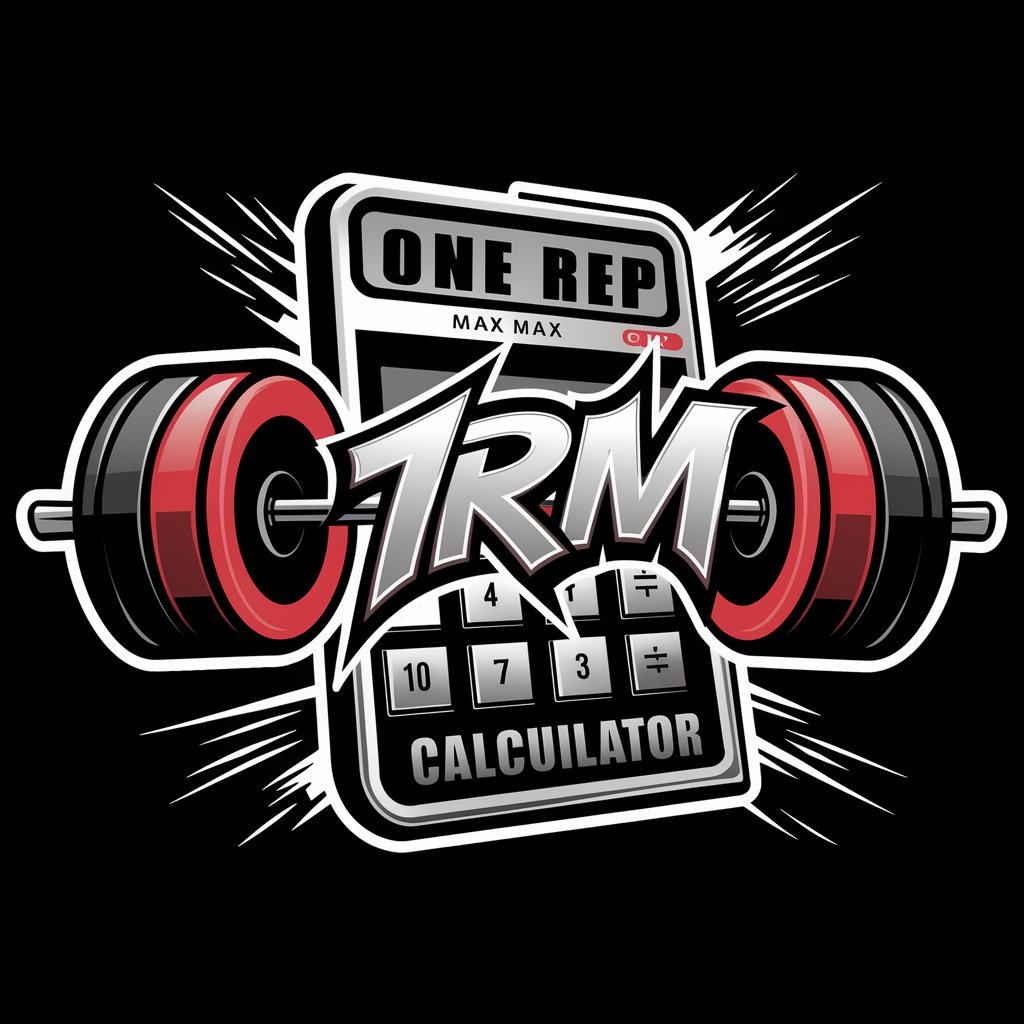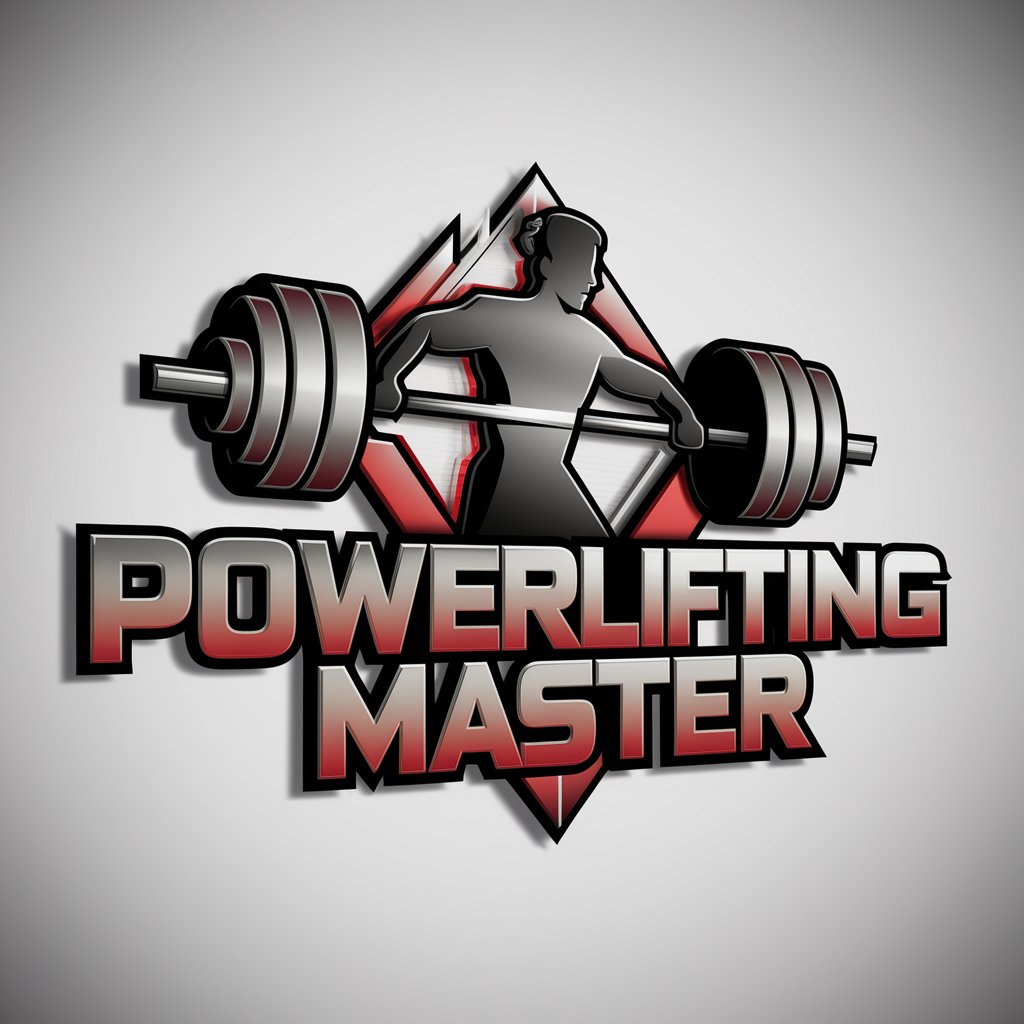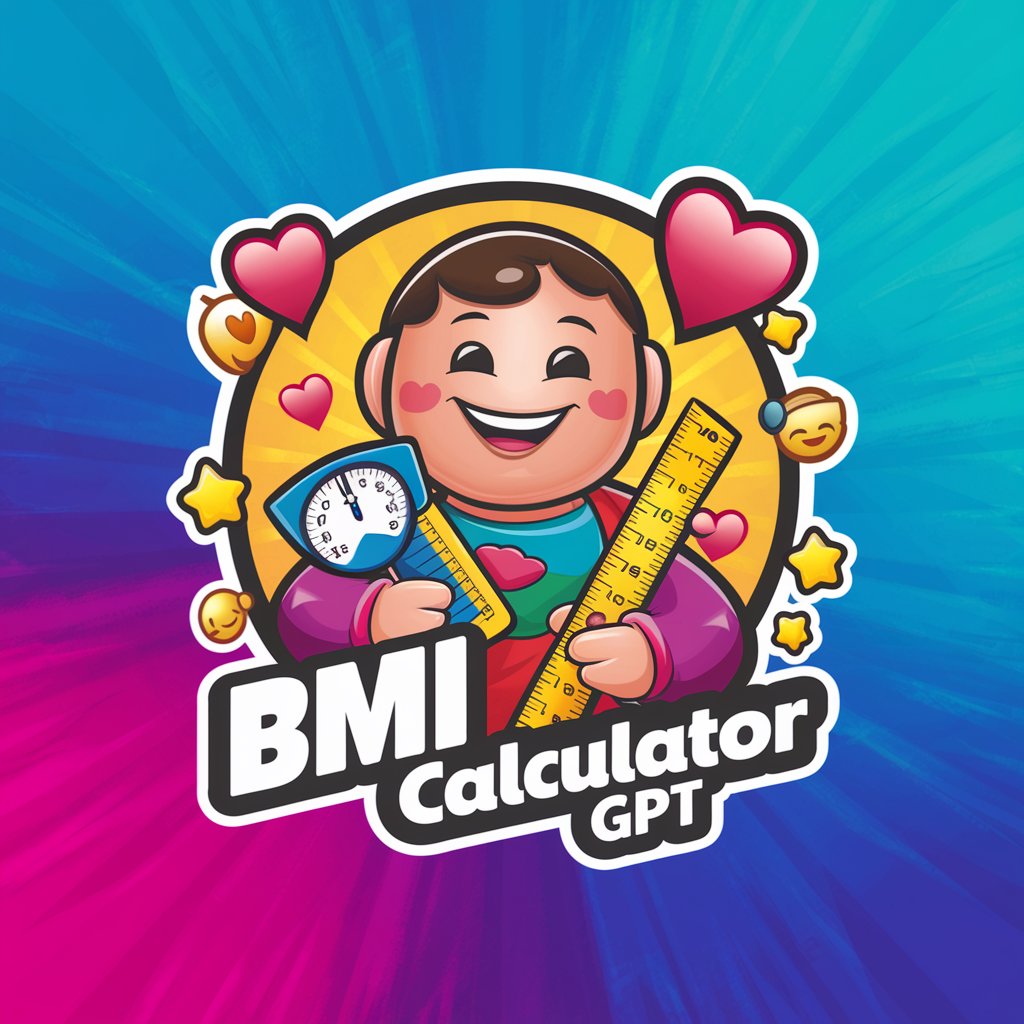
One Rep Max Calculator - One Rep Max Estimation

Ready to find your one-rep max? Let's smash your goals!
Maximize Your Lifts with AI
Calculate my one-rep max for bench press with 200 lbs for 5 reps.
What's my 1RM for squats if I can lift 150 lbs for 8 reps?
Estimate my deadlift one-rep max with 300 lbs for 3 reps.
I lifted 100 lbs for 10 reps on the bench press. What's my 1RM?
Get Embed Code
Understanding the One Rep Max Calculator
The One Rep Max Calculator is designed to estimate the maximum amount of weight one can lift for a single repetition across various strength training exercises. Commonly abbreviated as 1RM, the one-rep max is a standard measure used to gauge the maximum strength of an individual and is crucial for setting training loads and tracking strength progress. The calculator utilizes user-provided data on the weight lifted and the number of repetitions performed at that weight to estimate the 1RM using a reliable formula. For example, if a user inputs that they have lifted 200 pounds for 5 repetitions on the bench press, the calculator will use this information to estimate the most weight the user could lift for just one repetition. Powered by ChatGPT-4o。

Core Functions of the One Rep Max Calculator
1RM Estimation
Example
A user lifts 150 pounds for 10 repetitions on the squat.
Scenario
Using the 1RM estimation function, the calculator will predict the maximum weight the user could potentially squat for one full repetition. This is useful for setting training goals and understanding the user's strength limits.
Motivational Feedback
Example
After calculating the 1RM, the calculator provides a motivational quote.
Scenario
For instance, following the completion of the 1RM calculation, the user might receive a message like 'You're stronger than you think!' This feature aims to boost morale and encourage further effort and dedication in training.
Target User Groups for the One Rep Max Calculator
Strength Training Enthusiasts
Individuals who regularly engage in strength training and seek to measure and increase their lifting capabilities. They benefit from using the 1RM calculator to set realistic weight lifting goals and to monitor their progress over time.
Competitive Powerlifters and Bodybuilders
Competitive athletes who need precise and regular monitoring of their strength levels. The 1RM calculator helps in planning their training cycles, ensuring they are peaking at the right time for competitions.
Fitness Professionals
Trainers and coaches who assist others in achieving their fitness goals. They use the 1RM calculator to craft appropriate workout programs tailored to the strength levels of their clients, ensuring safe and effective progression.

How to Use the One Rep Max Calculator
Step 1
Visit yeschat.ai for a free trial without login; no ChatGPT Plus needed.
Step 2
Choose the exercise you want to calculate the one rep max for, such as bench press, squat, or deadlift.
Step 3
Enter the weight you lifted and the number of repetitions you completed that was less than your maximum.
Step 4
Submit the data to receive your estimated one rep max (1RM) based on the provided information.
Step 5
Use the 1RM estimate to plan your training sessions, aiming to progressively overload your muscles for optimal gains.
Try other advanced and practical GPTs
AntiqueAnalyzer
Unlock the Past with AI

代码与数据库专家
Empowering your coding and data management with AI.

无限制的对话体
Boundless insights with AI-powered versatility.

Lángoló versek - Tóth Árpád versei
Reviving Tóth Árpád's Poetry with AI

The Newsroom X Factor
Elevate journalism with AI precision

VisualizeIt
Visualize Your Data, Effortlessly

Calorie Finder
Discover Nutrition, Powered by AI

Lux Estimator
Illuminate your space with AI

German Exam Proctor
Refine Your German with AI

Harvey Specter GPT
Strategize Like Harvey Specter with AI

Ad Copy Writing Expert
AI-powered ads for all platforms

Coherence Checker
Refining Your Story, Intelligently

Frequently Asked Questions about One Rep Max Calculator
What is a one rep max?
A one rep max (1RM) is the maximum amount of weight you can lift for one complete repetition of a given exercise without losing form.
How accurate is the One Rep Max Calculator?
The calculator provides an estimate based on the weight and repetitions you input. While generally reliable, it's not as accurate as testing your one rep max directly.
Can I use the calculator for any lifting exercise?
The calculator is primarily designed for major compound lifts such as the bench press, squat, and deadlift. It may not be as effective for isolating exercises.
Why should I know my one rep max?
Knowing your 1RM is useful for setting goals, tracking progress, and creating a targeted strength training program.
Is the One Rep Max Calculator suitable for beginners?
Yes, it's a helpful tool for beginners to estimate their strengths and plan their training. However, beginners should focus on form and consistency before attempting near-maximal lifts.





